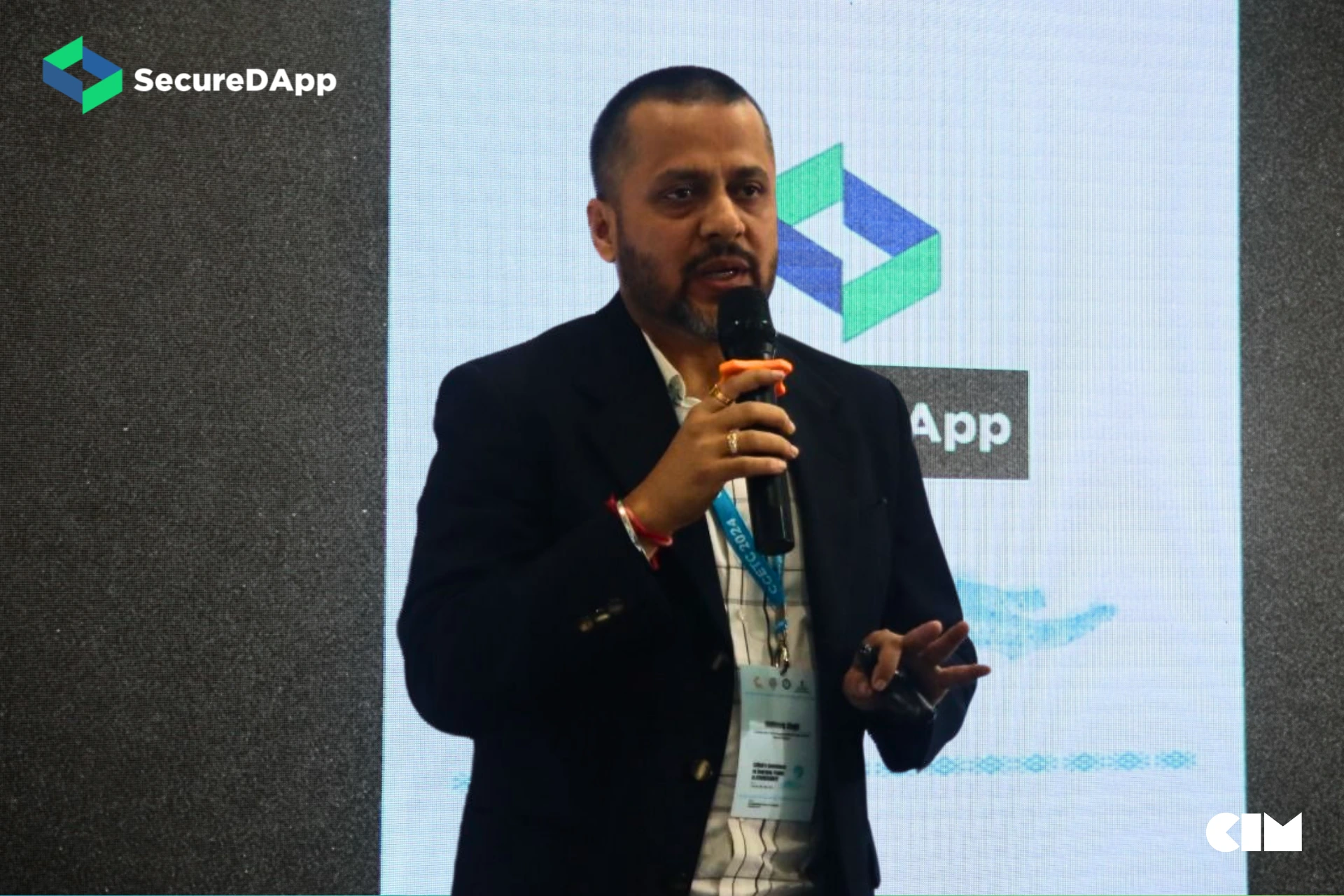
Inspired by the vision of a wasp, which can see clearly even in the dark, a Kolkata- and Hyderabad-based startup named Hornet is equipping Indian law enforcement with tools to track crypto-related crimes. Since its founding in 2023, Hornet has been working with agencies across states—including Telangana, Andhra Pradesh, and West Bengal—to investigate cross-border transactions tied to drug trafficking, terror financing, money laundering, and scams.
Hornet’s software is designed to make sense of the often opaque world of cryptocurrency transactions. By leveraging proprietary algorithms, the startup helps trace the flow of digital assets across wallets and exchanges. This has already led to breakthroughs in criminal probes.
“Our proprietary algorithms can extract all details regarding wallet addresses,” said Subhrojyoti Mondal, co-founder and COO at Hornet, who also revealed that their work has helped identify an individual connected to a terror financing case.
The startup currently comprises a lean team of 11 members, and its technology is already in use by several key agencies, including the Enforcement Directorate and Cyberabad Police. The software distinguishes between private crypto wallets and those linked to known entities, such as centralized exchanges or peer-to-peer (P2P) platforms. This distinction is critical: while private wallets offer more anonymity, transactions touching exchanges are often tied to real-world identities through Know Your Customer (KYC) data.
Shreyan Gupta, Hornet’s Hyderabad-based co-founder and CMO, explained that their tracking strategies differ depending on the nature of the crime. “For investment fraud, we trace transactions forward to follow the money trail. In cases of terror financing or drugs, we work backward,” he said.
The startup’s platform goes beyond simple wallet tracing. Its features include graph-based transaction flow analysis, risk assessments on wallets, and automated case-building capabilities. Without directly accessing the dark web, Hornet’s system monitors addresses flagged on illicit platforms and identifies their connections to criminal networks. By visualizing these links through interactive graphs, law enforcement agencies are better equipped to detect suspicious activity and unravel complex chains of transactions.
As Indian authorities tighten scrutiny over crypto-related offenses, Hornet’s work represents a homegrown effort to bridge the gap between emerging digital assets and traditional policing. The team believes that clarity in crypto transaction tracking will play an increasingly crucial role in ensuring national security and financial integrity.
Edited by Harshajit Sarmah



